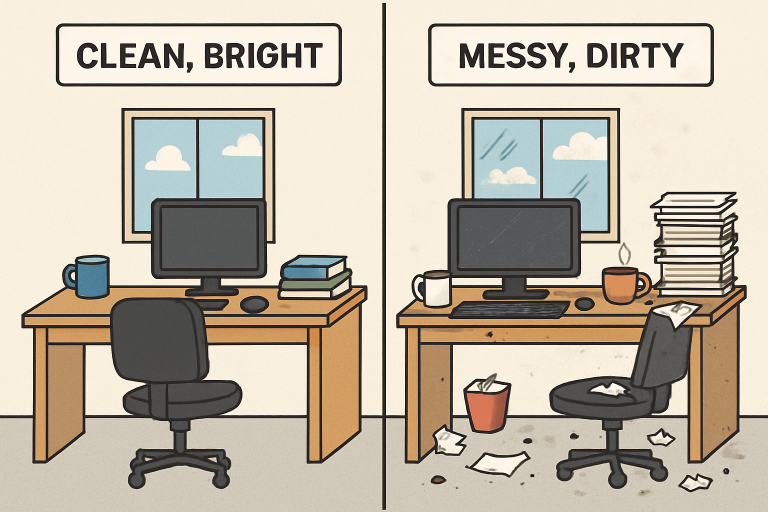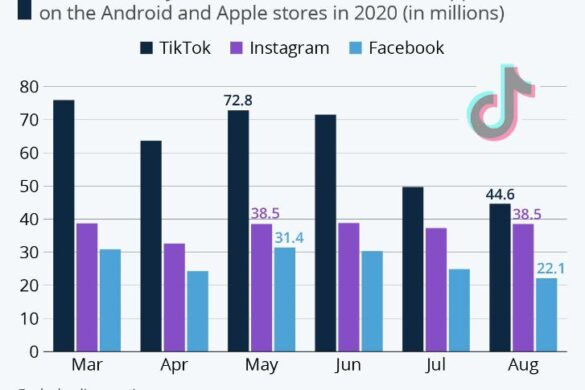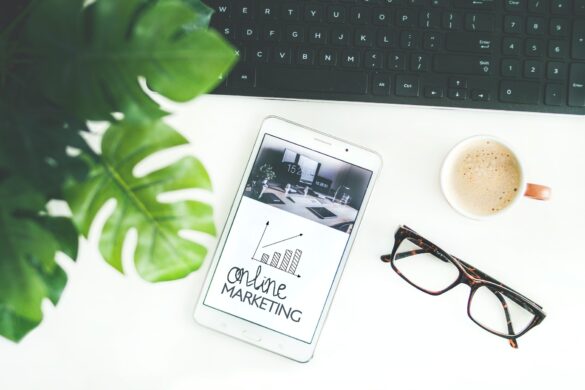For many business owners, the importance of a clean commercial environment can be easily underestimated. Keeping your workspace clean is about much more than presentation—it’s a critical factor in your company’s success, reputation, and operational costs. From increasing absenteeism and reducing productivity to potentially losing out on new business, the true costs of neglecting proper workplace hygiene are often hidden until they become major issues. Investing in commercial janitorial services can help mitigate these problems before they start.
Cleanliness also plays a pivotal role in building customer trust and confidence. Visitors, clients, and business partners decide within seconds whether your company feels credible and inviting. If your office is unkempt, their perception of your standards—and therefore your business as a whole—can be negatively affected. Smart companies recognize that regular, professional cleaning isn’t just a routine expense; it is a foundational investment in creating a safe, productive, and appealing workplace.
Beyond appearances, a poorly maintained workplace can lead to higher maintenance and equipment costs, legal challenges, and even compliance violations. The financial consequences of these issues far exceed any short-term savings from cutting cleaning budgets. Prioritizing a proactive, structured approach to commercial cleaning is an investment in your business’s ongoing success.
Below, we break down the direct and indirect impact of poor workplace hygiene in commercial spaces, highlighting why professional cleaning is a smart business decision supported by solid research and regulatory guidelines.
Employee Health and Productivity
A contaminated, dusty, or dirty workplace is more than unpleasant—it’s a health risk. Accumulations of dust, allergens, bacteria, and viruses are common in shared areas, restrooms, and on office equipment. Employees working in such conditions are at an increased risk of illness, resulting in spikes in absenteeism. Research shows that improved cleaning can cut office absenteeism by up to 46%, essentially increasing your team’s overall productivity. When employees feel healthier at work, they are more engaged, collaborative, and less likely to take sick days, all of which contribute significantly to business performance.
Furthermore, healthy office environments are fundamental in the wake of ongoing public health concerns. Surface disinfection and regular professional cleaning reduce the presence of pathogens that can cause outbreaks of flu, colds, or even foodborne illnesses in kitchen or break areas. This is especially important during seasonal illness spikes or in shared workspaces with high employee turnover.

Customer Perception and Business Reputation
First impressions have lasting effects. Potential clients and business stakeholders begin forming their opinion of your business as soon as they enter. According to a survey cited by CleanLink, 92% of people say a clean space influences their view of a business. Dirty floors, overflowing trash bins, and dusty furniture can make customers question your attention to detail, safety standards, and overall professionalism. Investing in Commercial Hard Floor Cleaning can help ensure high-visibility surfaces like lobbies and corridors consistently reflect a professional image.
Word spreads quickly, especially when it comes to cleanliness. One negative review or social media post about a dirty office or restroom can have a significantly negative impact on your reputation. In a competitive marketplace, maintaining meticulously clean commercial spaces isn’t just for appearances—it’s a matter of business survival.
Maintenance Costs and Equipment Longevity
Clean workspaces aren’t just pleasant—they’re protective. Regular cleaning preserves carpets, floors, furnishings, and technology by removing abrasive dust, grit, and moisture that can lead to premature wear and tear. For instance, regular vacuuming and deep cleaning can extend the lifespan of carpets and flooring by up to 60%, reducing the need for expensive repairs or replacements. Office technology, such as printers, computers, and telephones, also benefits from dust-free environments, reducing malfunction rates and extending their usability.
Routine professional cleaning protocols act as a form of preventative maintenance. Companies that skip scheduled cleanings often face higher facility repair bills and may need to replace office assets more frequently, resulting in avoidable, usually substantial, expenses over time.
Legal Liabilities and Compliance Issues
In regulated industries such as healthcare, food service, or childcare, cleanliness isn’t just a good business practice—it’s the law. Failing to meet health and safety guidelines can trigger steep fines, lawsuits, temporary closures, or the loss of professional licenses. For example, the Occupational Safety and Health Administration (OSHA) sets strict standards for workplace health, many of which are directly related to day-to-day cleaning and hygiene.
Businesses in less-regulated sectors are not exempt from these regulations. Slips, trips, falls, and other accidents caused by neglected cleaning can result in workers’ compensation claims and even litigation. Staying ahead through routine, professional cleaning is a powerful strategy for lowering risk and maintaining compliance with all relevant regulations.
Financial Implications of Poor Cleaning
Cost-cutting often starts with facility services, but neglecting cleaning is a false economy. The short-term savings can be quickly erased as health costs, lost productivity, high maintenance bills, and lost customers add up. The aggregated expenses due to preventable employee absenteeism, customer churn, emergency repairs, or compliance penalties far outweigh any money saved by reducing cleaning frequency or quality.
Regular investment in professional cleaning can significantly reduce these risks. Streamlined, well-documented cleaning schedules and procedures not only maximize operational efficiency but also demonstrate a commitment to employee and customer well-being—a value appreciated by both stakeholders and regulators.
Conclusion
Cleanliness is a critical, strategic asset for every commercial business. Poor cleaning practices can erode profits, employee health, and business reputation invisibly, resulting in higher operational costs and damaged brand value. Prioritizing access to high-quality cleaning services is an investment that protects your bottom line and promotes long-term organizational health and success. When the true costs are considered, professional cleaning quickly proves to be one of the most essential tools in your business arsenal.









